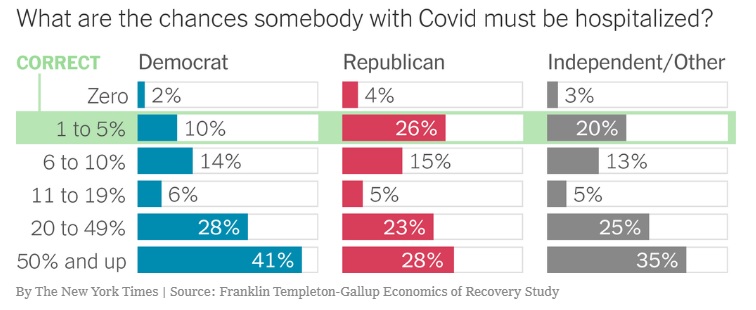A scene in Holland Friday morning offers a glimpse into what the Cafe Rosetta situation was on the verge of becoming. Just before 6:00, the owner of Marlena’s Bistro and Pizzeria was apprehended by Michigan State Police and booked into jail. She will serve 93 days in prison and must pay $35,000 in fines. The restaurant closed in March 2020 in accordance with state restrictions, but chose to keep operating last fall.
At 8:16 AM, Attorney General Dana Nessel sent out an email touting the arrest. “This owner has continued to willfully violate the state’s food laws, public health orders and the order of the court – a dangerous act that may have exposed dozens of diners and employees to the virus following the discovery that one of Marlena’s customers tested positive for the virus within two days of eating there,” said Nessel. “MDARD is particularly concerned because the potential exposure happened at a restaurant that refuses to comply with basic COVID-19 measures required by the Michigan Department of Health & Human Services.”
By 2:16 PM, the Michigan GOP was blasting the move. In an email titled, “Attorney General Nessel Locks Up Immigrant Pizzeria Owner Who Fled Communism For “Freedom” In America,” the party touted Marlena Hackney’s childhood under Soviet rule in Poland, saying she believed she was escaping to the American Dream. A press conference is scheduled at 11:00 AM today in front of the restaurant.
National news outlets and opinion show hosts have weighed in on the matter. It is a reminder that the issues facing Houghton County are not unique, and continue to be worked through elsewhere. One of the major factors causing division among Americans is the tendency of people to wildly overestimate the consequences from contracting COVID-19. Gallup and Franklin Templeton conducted a survey in December asking what percentage of people who get COVID-19 end up hospitalized. The answer is thought to be around three percent. Forty-one percent of Democrats and 35% of independents think the answer is one-half. Republicans were more accurate, but still missed the mark a majority of the time.

Franklin Templeton’s Chief Investment Officer Sonal Desai wrote for the Brookings Institute, saying the death rate is also misunderstood. “When asked to estimate the share of deaths by age group, the average American dramatically overestimates the share of COVID-19 deaths from people aged 24 and younger, putting it around 8%, when in fact it was 0.1% through August and has remained close to that level since. Meanwhile the elderly, those 65 and older, had accounted for 81% of deaths at the time of the survey (and 79% through November). Democrats were further off than Republicans and more likely to overstate the risks to young people, even after accounting for age, race, gender, geographic, and educational differences.”
It is a subject that is rarely talked about by Governor Whitmer or Department of Health and Human Services officials at COVID-19 press conferences. Policy effects have been profound. Nursing home edicts in several states last year are now thought to have killed tens of thousands. State Senator Ed McBroom says he doesn’t believe the Whitmer Administration in Michigan implemented the policy with malicious intent.
Many states released hardened criminals from prison and have placed severe restrictions on industries like restaurants and entertainment venues. These measures were meant to mitigate disease spread. It is unclear if the public would have supported the moves if they had a proper understanding of COVID’s effects.
 Keweenaw Report Your Source for Local News and Sports
Keweenaw Report Your Source for Local News and Sports





